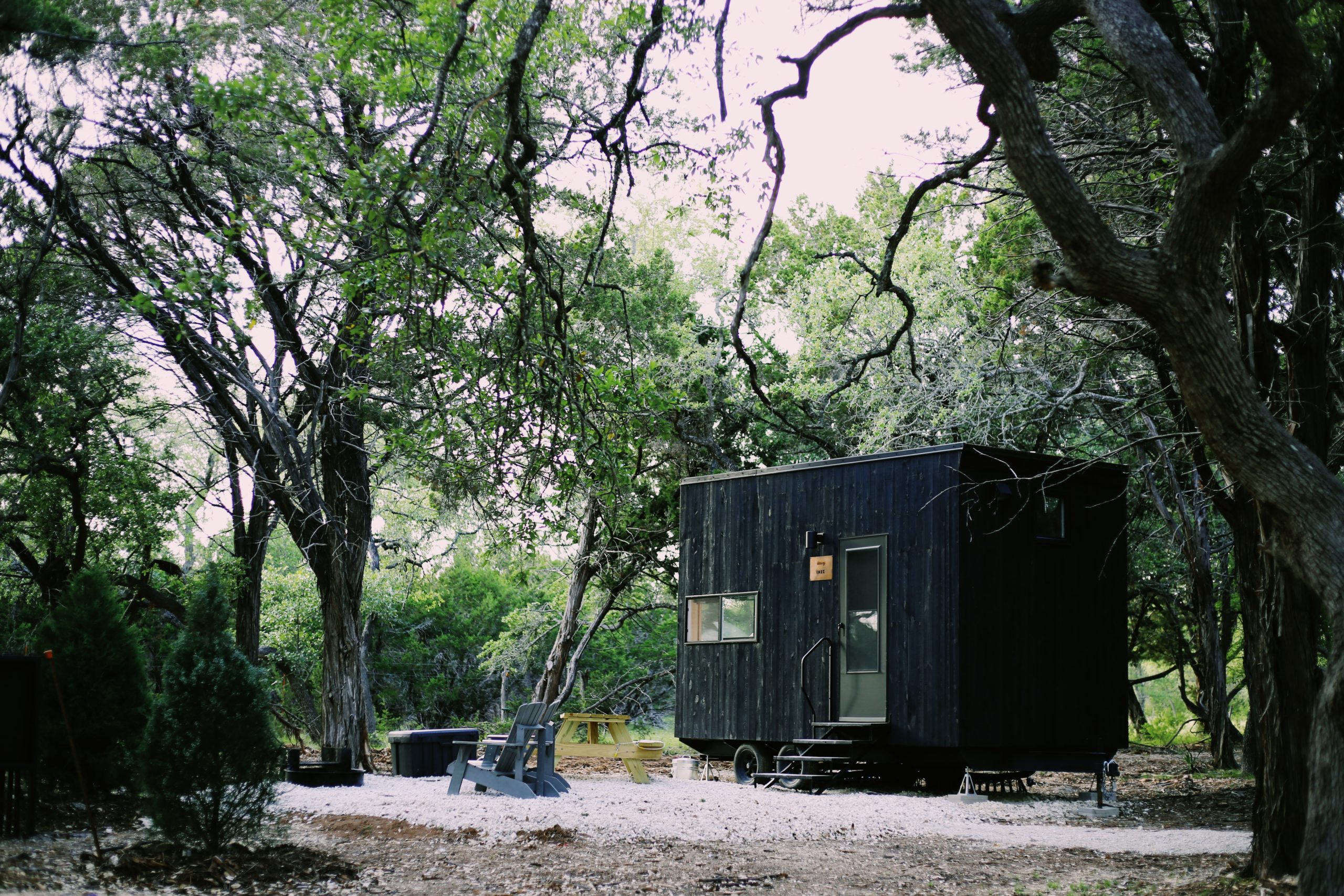Last month at the Tokyo Olympics, Simone Biles’s decision to step back from competition dominated news cycles for days, with commentators and fans expressing shock and confusion that the world’s greatest gymnast was bowing out of events she seemed all but guaranteed to win. But if we’d been paying closer attention, we might’ve seen it coming. Shortly before leaving for Tokyo, a New York Times reporter asked Biles to identify the happiest point in her career. She replied: “Honestly, probably my time off.”
Biles wasn’t the first athlete to prioritize rest and mental health over professional performance: in late May, tennis star Naomi Osaka withdrew from the French Open, citing struggles with anxiety and depression. ““I wanted to…exercise self-care and preservation of my mental health. I stand by that,” Osaka wrote in a recent essay for TIME. “It’s O.K. to not be O.K., and it’s O.K. to talk about it.”
We’ve always looked to elite athletes as models of strength, determination, and perseverance. Now, they are setting a new kind of standard: recognizing and honoring their own limits; admitting that the relentless pressure to perform—whether self-imposed or external—is exhausting and debilitating; and announcing without shame or hesitation that they need time for themselves.

We would be wise to follow their lead. With summer winding down and businesses navigating how and when they might be able to “return to normal,” American workers are pushing back with demands for remote work and flexible hours policies. But skyrocketing rates of exhaustion and burnout reveal that we don’t just need more options for when and where we do our work—we need more time away from work altogether.
Since the spring, American workers have been quitting their jobs at record-breaking rates, a trend the media have cheekily dubbed The Great Resignation. As New York Times reporter Kevin Roose observed in his article “Welcome to the YOLO Economy,” quitting workers have a wide range of reasons for walking off the job: ongoing concerns about Covid-19 exposure, burnout and fatigue, confidence that they can find better options in a strong job market. But at their core, Roose writes, these are “variations on the same basic theme: The pandemic changed my priorities, and I realized I didn’t have to live like this.”
The last year and a half has shown us that humans are remarkably adaptable, as ever-changing Covid-19 protocols have altered the ways we work, learn, shop, and socialize. But the more profound lesson of the pandemic is that life is unpredictable and precarious, and none of us knows how much time we have left.
As the British journalist Oliver Burkeman points out in his new book Four Thousand Weeks, “The average human lifespan is absurdly, terrifyingly, insultingly short.”(How short? The answer is in the book’s title; 4,000 weeks equals approximately 80 years.) Faced with the grim reality that our time is limited and already running out, we obsess over how best to use it and how to avoid wasting it. We tend to focus on our productive output as the measure of time well spent. How many tasks did we accomplish—how much did we get done—within any given hour or day?

According to Burkeman, “this attitude toward time sets up a rigged game in which it’s impossible ever to feel as though you’re doing well enough…. [I]t becomes difficult not to value each moment primarily according to its usefulness for some future goal.” The danger of this line of thinking is that in attempting to spend our time productively, we neglect to spend it meaningfully. We put off the things that matter most to us—deepening our bonds with friends and family, traveling to new places, pursuing personal projects and hobbies—everything we say we’ll get to as soon as we have some free time.
Here’s a wakeup call: we are never going to get through our to-do lists. We are never going to find the hack that finally allows us to “get everything done.” Our goals, dreams, and desires will always exceed the time we have to accomplish them, because we’re mortal, and there’s only so much living you can pack into a few thousand weeks. As long as we keep prioritizing productivity, that mythical free-time future—the one in which we finally get around to the stuff that really matters—will never arrive.
As depressing as that thought might be, it can also be liberating. Burkeman argues that the best time-management tool is to accept defeat, or perhaps more accurately, to accept reality. Once we acknowledge that we will never be able to achieve all of our goals—that “doing it all” isn’t just unreasonable but impossible—we can begin prioritizing the few things that matter most to us.

This summer, Naomi Osaka and Simone Biles made headlines by announcing, essentially, that they would no longer be striving for the unreasonable and impossible. “We also have to focus on ourselves, because at the end of the day, we’re human, too,” Biles said. “So, we have to protect our mind and our body, rather than just go out there and do what the world wants us to do.” Osaka put it more bluntly in her essay for TIME: “You can’t please everyone.”
If you can’t please everyone, who do you care most about pleasing? If you can’t do everything, what do you want to do most? Lately I’ve been thinking of a magnet you may recognize from a refrigerator near you: Life is short, eat dessert first. What is the purpose of life, anyway, if we can’t make some space for sweetness right now?
Ready for a sweet escape to nature? Book your Getaway today.

